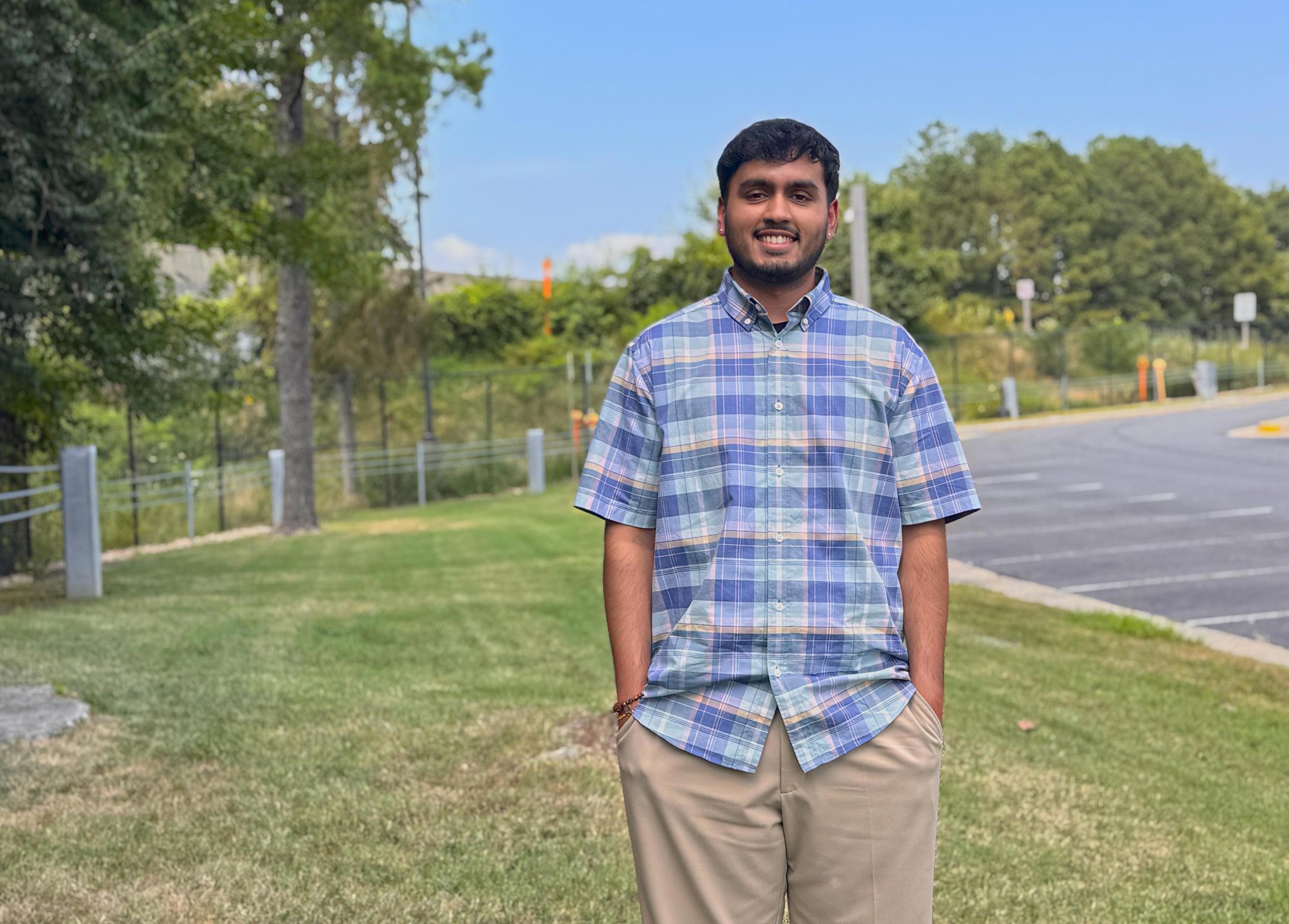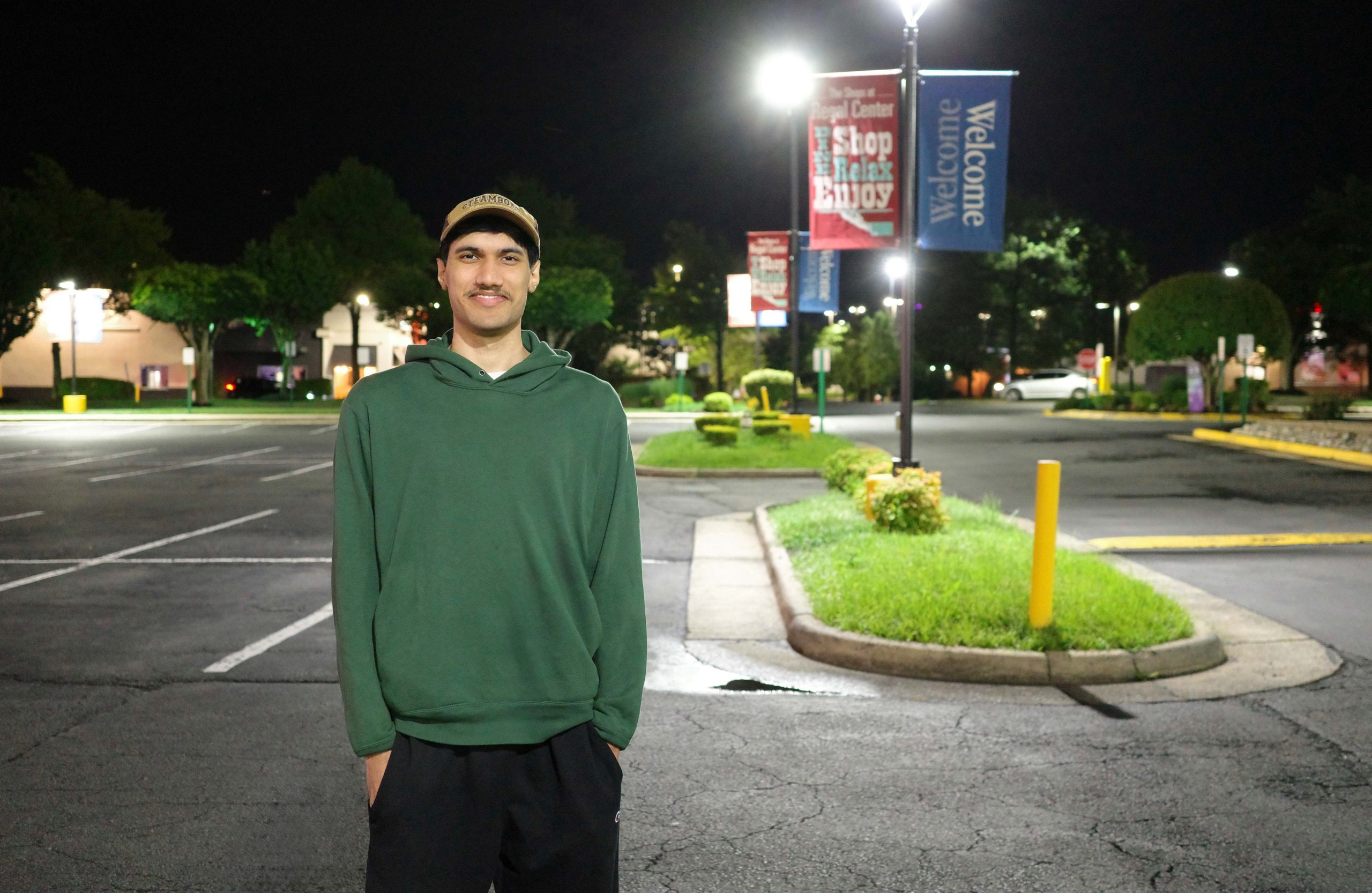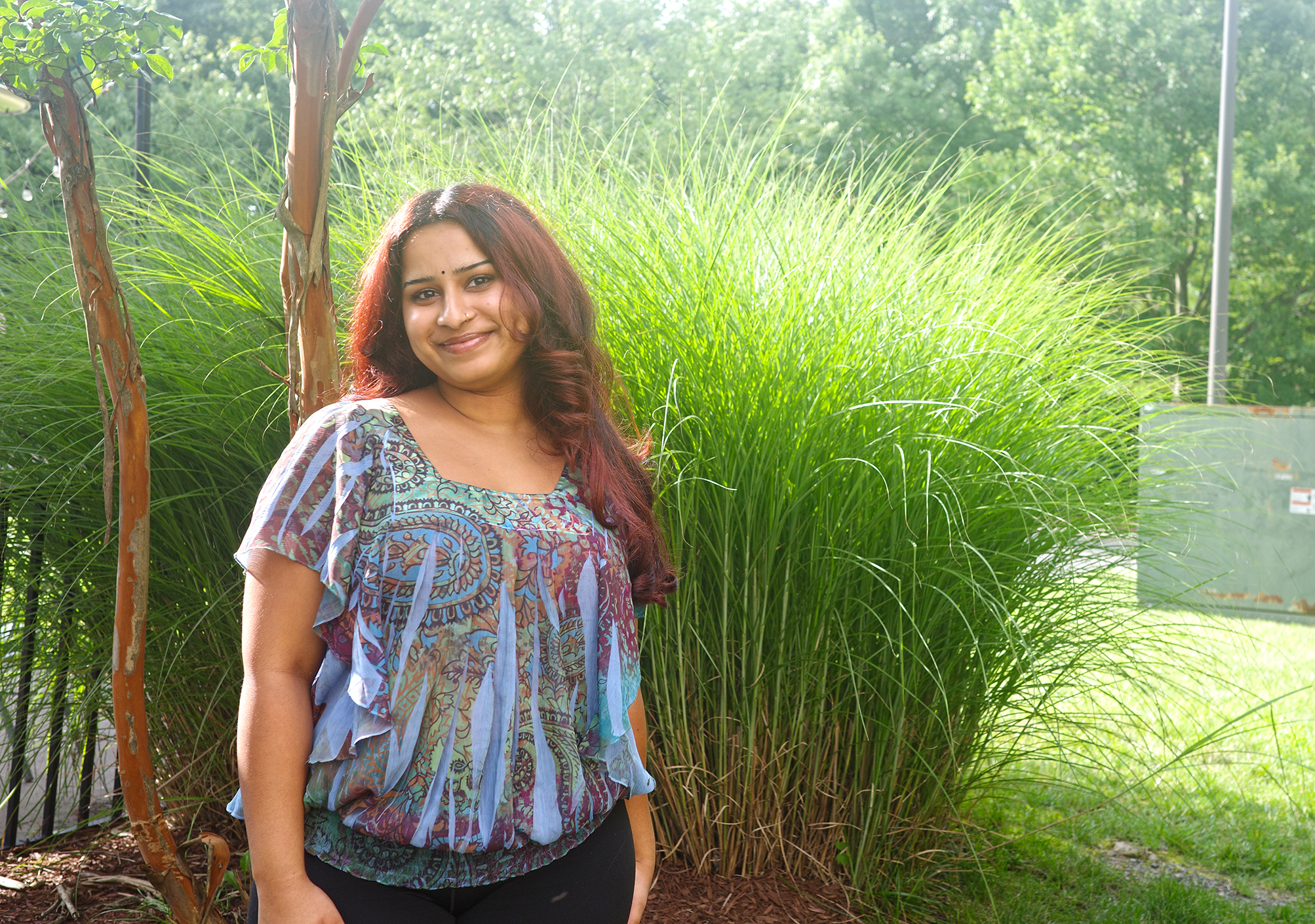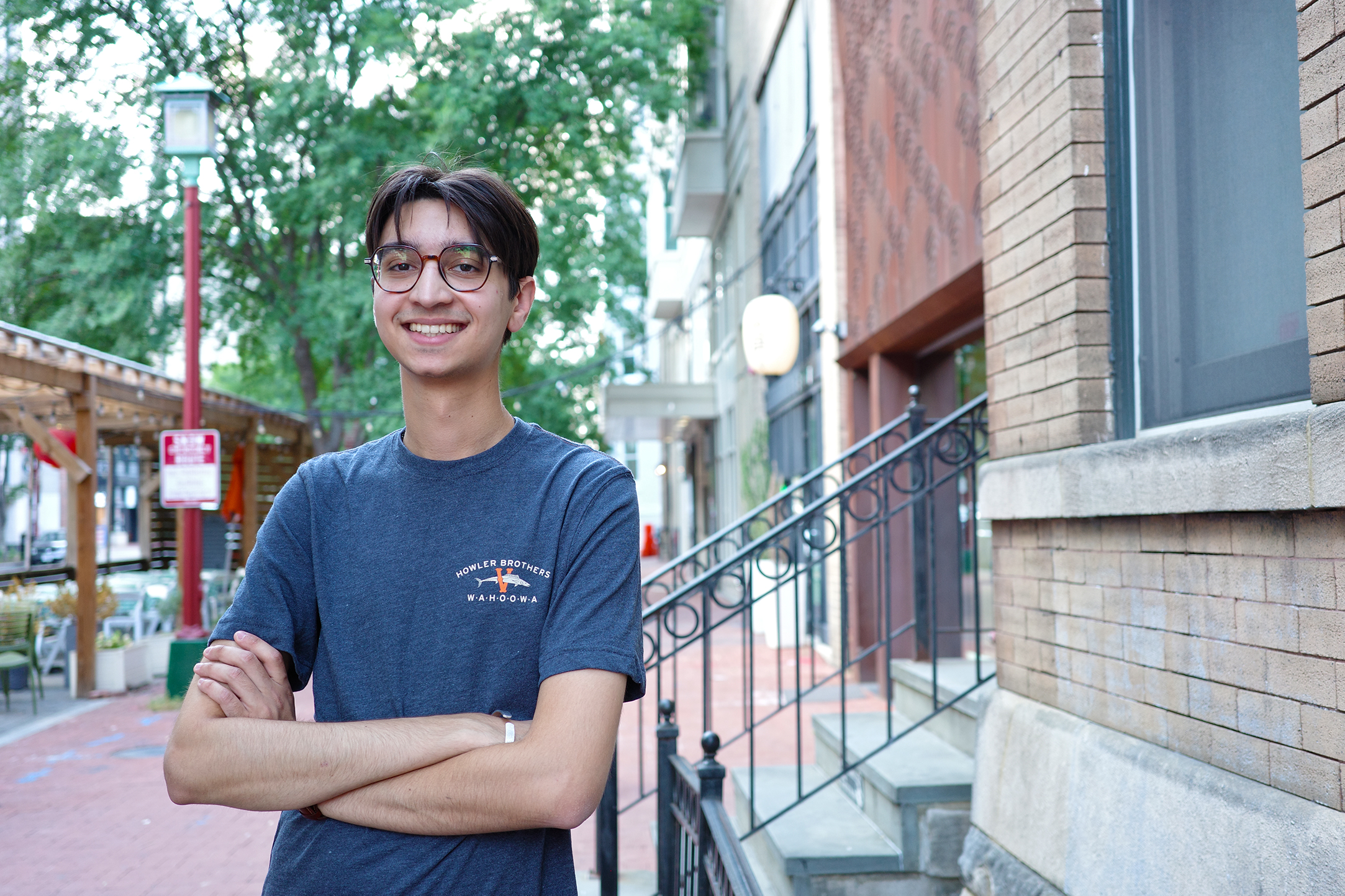I grew up in a small town between Miami and Fort Lauderdale, in a very diverse community with strong Hispanic/Latinx, African American, Caribbean, and other American identities. I made friends across many different cultures, but the Asian and especially Indian population was very small. I rarely met other South Asians in school unless our families already knew each other.
As a result, I often felt like I couldn’t fully relate to others when it came to family dynamics, cultural norms, or religious holidays. While it was difficult to find a strong sense of South Asian community, faith became my connection point. My parents made sure we stayed rooted in our heritage by taking us to religious classes at the local temple every Sunday and regularly hosting pujas (prayers) at home. These gatherings created a community of Indian families like ours and gave me the chance to meet peers with similar backgrounds. Growing up, those shared experiences offered me a sense of belonging I didn’t always find in my everyday environment.
Living in South Florida gave me a deep appreciation for different cultures and taught me how to adapt and connect with people from all walks of life. At the same time, it also made me realize how rare it was to find others who understood what it meant to grow up as an Indian-American. That contrast, between the richness of diversity around me and my own struggle for cultural belonging pushed me to reflect on how community is built not just on shared space, but on shared understanding. Juggling my identity as Indian-American, therefore, felt like being split between two worlds. At school, I could connect with my friends over interests in music, pop culture, or sports, the “American” part of my identity. My life at home, on the other hand, was ingrained in traditional Indian customs, and specifically in Hindu religion.
Depending on where I was and who I was surrounded with, I felt like I had to often “code-switch”. Having this constant push-and-pull in my early life figuring out my identity, there were even times where I felt that my Indian identity was a burden. It was hard for me to grasp the idea of religious practices being something meaningful to my heritage but rather something that felt more as a hindrance and an obligation, especially when I did not understand the purpose behind them. As I have gotten older, I have come to accept the fluidity of my identity as both Indian and American as being integral to who I am.
It was interacting with people of different identities at school, standing out because of my skin color, or participating in Indian festivals at home that helped me better understand what it means to be Indian American. These experiences shaped how I respond to challenges and how I see myself within a larger cultural mosaic.
That is why, when I think about the current political state in India and the religious and regional tensions that continue to plague minority communities, it is alarming to witness the fracturing of the country’s cultural mosaic. Due to the suppression of community voices by groups that consistently hold power over others, India is slowly but surely drifting away from the core idea of democracy.
As an Indian-American, it can feel difficult to stay engaged in Indian politics from afar, but recognizing and addressing issues like caste-based discrimination and women’s safety also requires necessary attention. Here in the diaspora, I wish we could all unify as one that truly reflects the diversity of India. India is made up of so many distinct cultures, languages, and faiths, which should be celebrated and preserved, not desecrated. Those born in the US but with Indian roots should embrace that complexity of their identity and use it as a strength.
We as a community can not only bridge cultures, but also build a more inclusive environment that respects every background. I hope our community prioritizes open-mindedness as a guiding principle for the future. I want to see us value people for their ideas, creativity, and critical thinking and not just for how closely they align with tradition or community expectations. Too often in our culture, assumptions are made without curiosity, and misinformation spreads through the popularization of false narratives. These narratives perpetuate fear, division, resentment, and violence.
In a democracy which is somewhat fragile, misinformation can be extremely dangerous, and I hope our community can learn to question what we hear, seek the truth, and educate ourselves before forming opinions. Shifting the mindset and dialogue that encourages empathy over judgement would be a step toward a healthier and more democratic community. And we should understand that being Indian or Indian American is not just about preserving tradition, it is about evolving with empathy, learning, and respecting others along the way.




